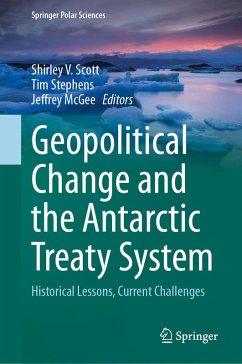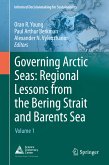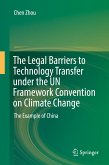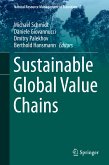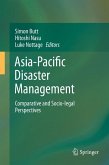The book examines key moments in the history of the ATS to understand how past tensions were managed and what lessons can be drawn for the future. The volume covers the creation of the CCAMLR marine conservation treaty in the late 1970s-1980s; the developing world's opposition to the ATS in United Nations debates during the 1980s-1990s; the shift from permitting Antarctic mining to establishing the Madrid Protocol on Environmental Protection in the early 1990s; the formation of the International Association of Antarctic Tourism Operators; the management of Illegal, Unregulated, and Unreported (IUU) fishing in the 2000s; and the proposals for marine protected areas under the CCAMLR Convention in recent years. Several contributions also draw on critical and regional perspectives to make sense of geopolitical pressures on Antarctic governance and how they might play out over the years and decades ahead.
Through its attention both to critical turning points in the history of the ATS, and a broad range of conceptual approaches, the book provides an authoritative assessment of the ATS's capacity to address emerging geopolitical stresses and provides strategies for future governance. It is a timely resource for understanding the evolving dynamics in Antarctica and ensuring the region remains a zone of peace and scientific collaboration.
This book is a companion volume to McGee, Edmiston and Haward, 2022, The Future of Antarctica: Scenarios form Classical Geopolitics, in the Springer Polar Sciences Series.
Dieser Download kann aus rechtlichen Gründen nur mit Rechnungsadresse in A, B, BG, CY, CZ, D, DK, EW, E, FIN, F, GR, HR, H, IRL, I, LT, L, LR, M, NL, PL, P, R, S, SLO, SK ausgeliefert werden.

